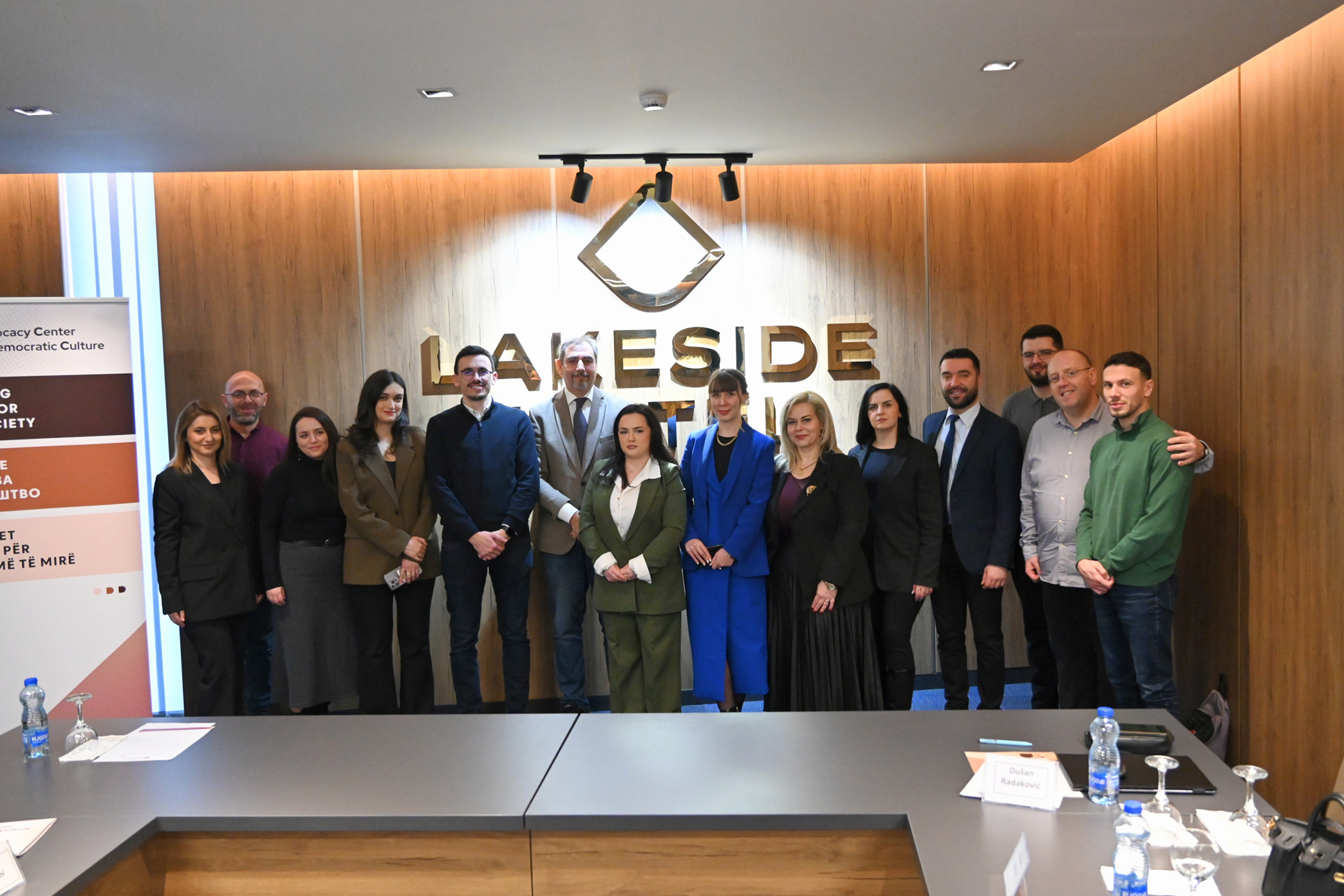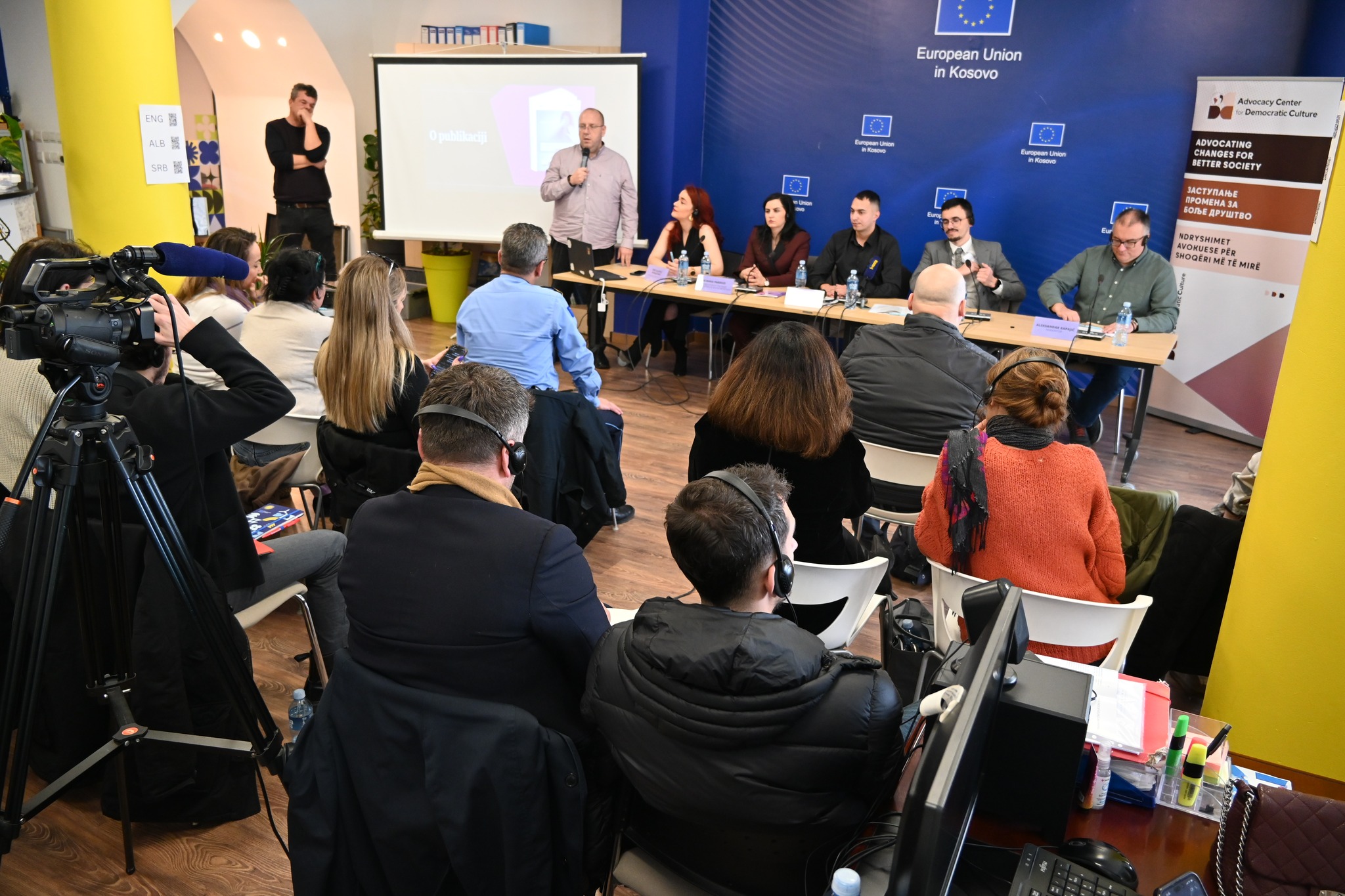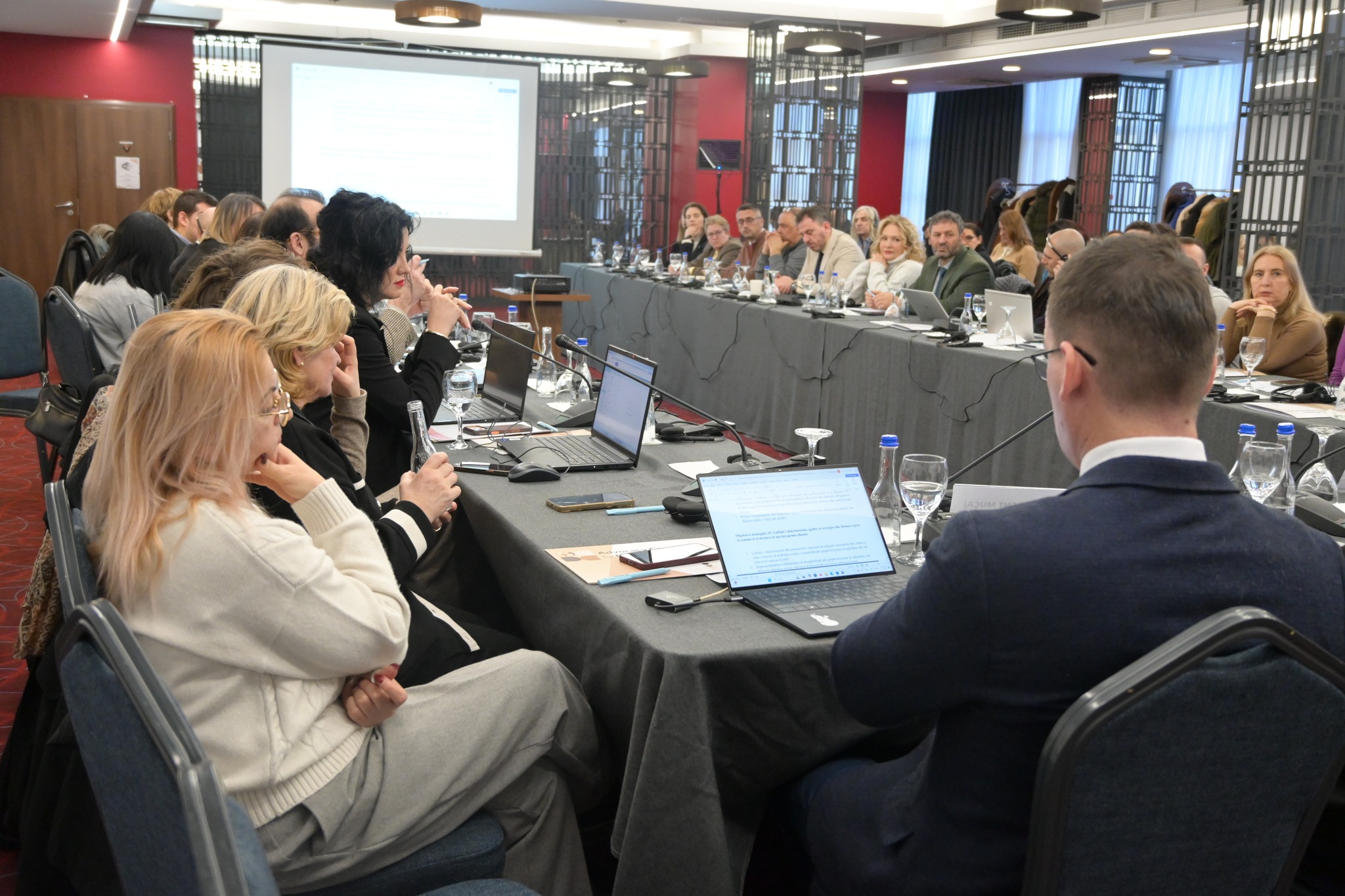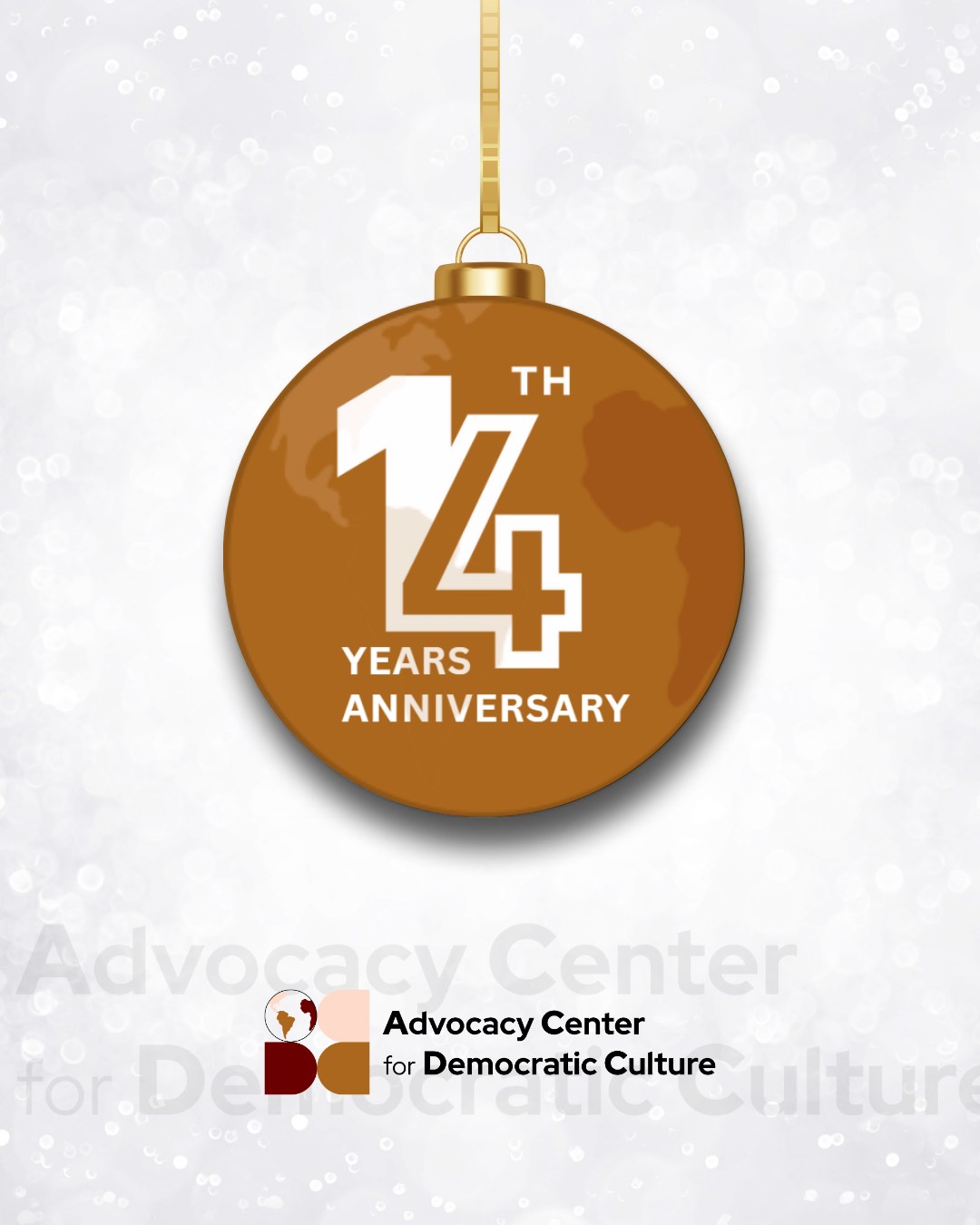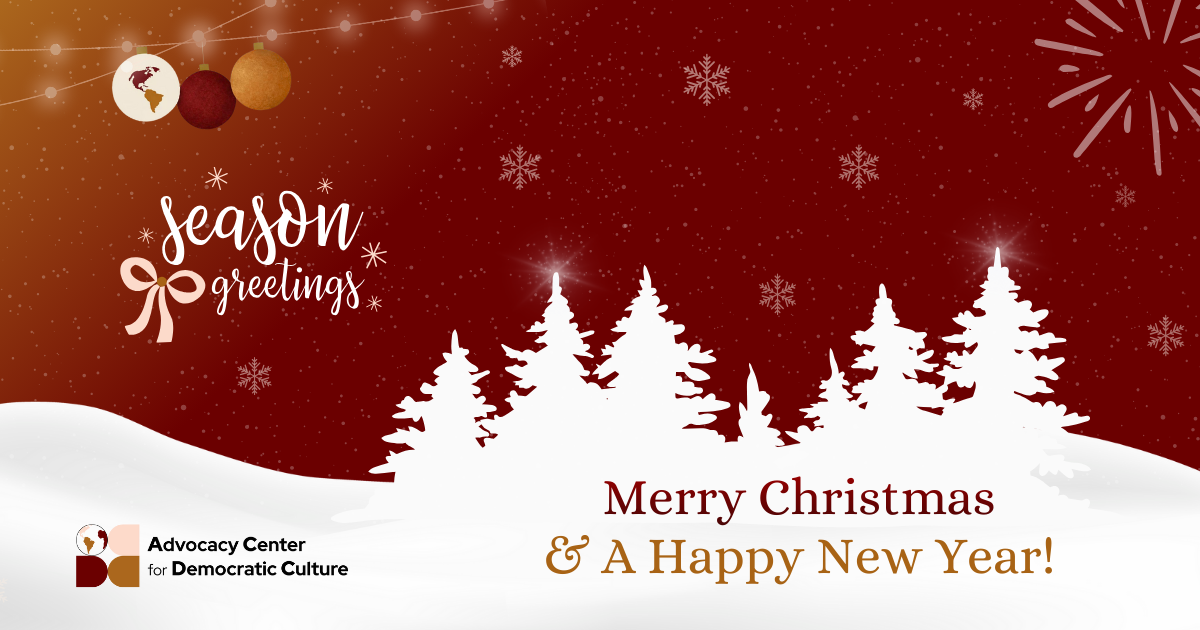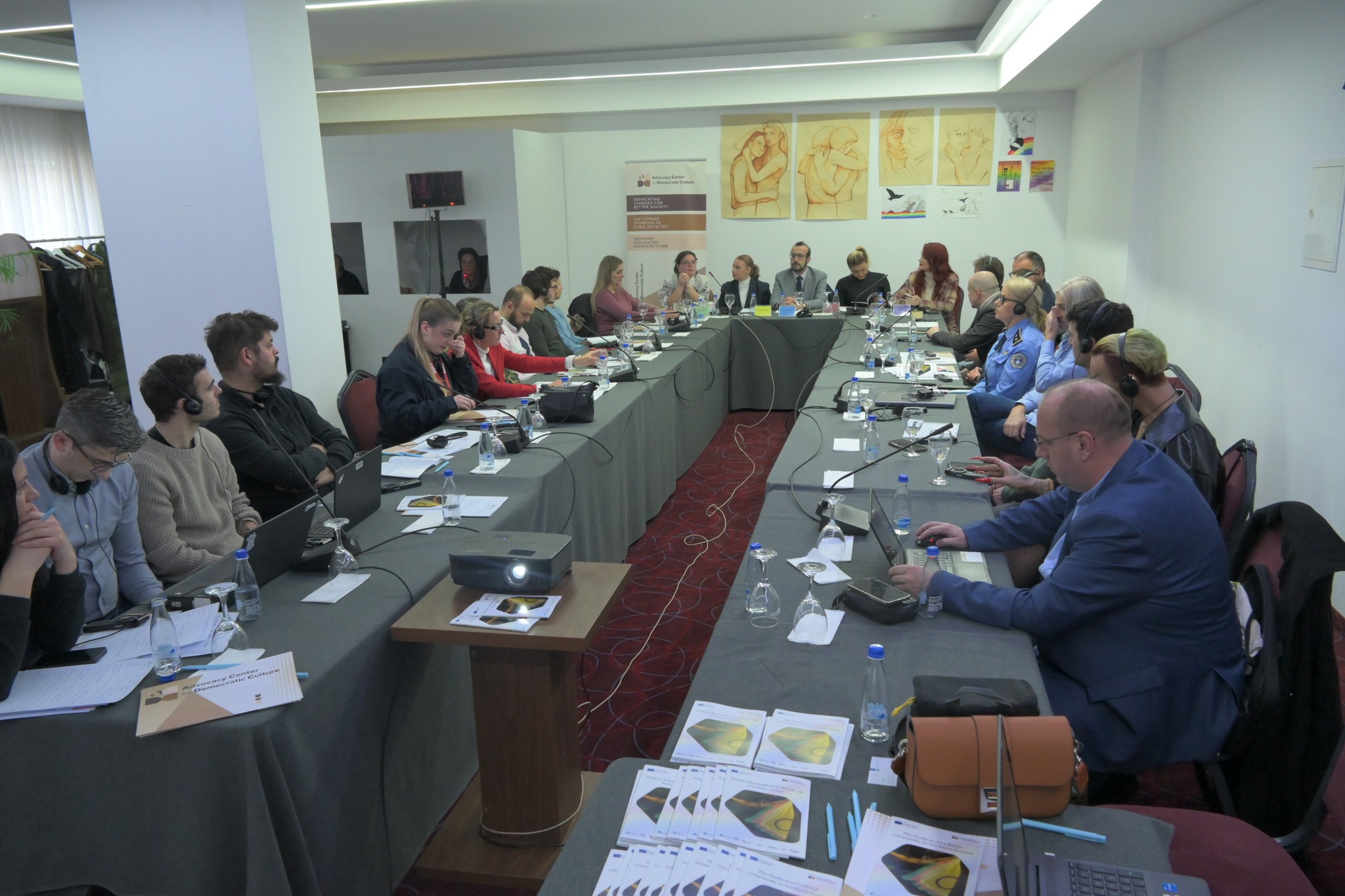26.05.2022. » 13:59
Op-ed - A man cannot forgive only what he does not know!
"True reconciliation is never cheap, for it is based on forgiveness which is costly. Forgiveness in turn depends on repentance, which has to be based on an acknowledgment of what was done wrong, and therefore on disclosure of the truth. You cannot forgive what you do not know”- Desmond Tutu
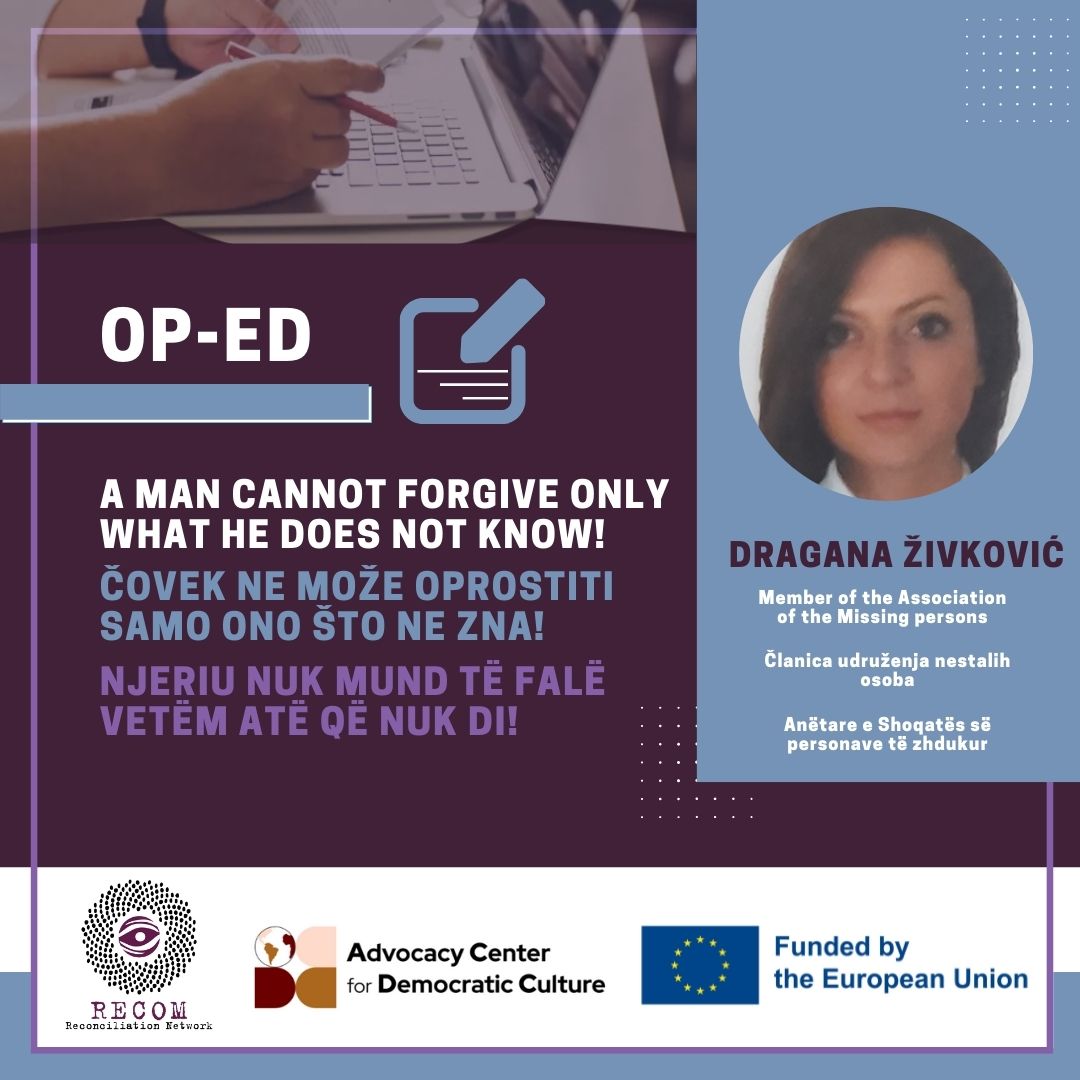
"True reconciliation is never cheap, for it is based on forgiveness which is costly. Forgiveness in turn depends on repentance, which has to be based on an acknowledgment of what was done wrong, and therefore on disclosure of the truth. You cannot forgive what you do not know”- Desmond Tutu
Kosovo, a small territory of the so-called "Western Balkans", of only 10,908 square kilometers, territory soaked in blood, fighting, secrets, persecution, and memories of another 1,647 missing persons. Most of the missing are civilians who had nothing to do with the armed conflict. Serbs, Albanians, Roma, women, men, children, fathers, sons, and daughters are missing. Why? How can we, as a society, move forward without getting an answer to the question WHY? 1647 families have been living in the dark for 24 years. Being part of one of those families, can I call on everyone to unite? Do I have the right to say that we forget whether we are Serbs, Albanians, or Roma for a higher purpose? May it never be forgotten, may the truth be revealed, may crimes be punished, and may justice prevail.
Reconciliation Commissions have been established in both Serbia and Kosovo. Impartiality, independence, complementarity, and participation are some of the principles that form the basis of these commissions. Unfortunately, the Commission in Serbia has not started its work yet, while the concept of the Commission in Kosovo is initiated by institutions, although the idea is to conduct such a commission in cooperation with communities, NGOs, lawyers, and human rights activists. The influence of civil society organizations, victims' associations, and their families is crucial to the work of truth commissions. The success and acceptance of commissions depend on their strength, influence, contribution, lobbying, documentation, and cooperation. However, this relationship is often burdened with various tensions. In the first place, it is necessary to overpower tensions, unite the families of the victims, and enable them to talk and cooperate. The success of the Commission, if anyone cares about it, depends on the cooperation of the victims' families. Perhaps it is the Commission that could become a platform for reconciliation. A platform that would bring us all together to fight, carry on, and awake justice, which has been in a deep sleep for a long time. There has been a lot of talk in recent years about transitional justice. Let me remind you that transitional justice focuses on the challenges that societies in transition face while dealing with the legacy of mass human rights violations. Unfortunately, everything remains only in pompous speeches in which "big" words are used. However, in reality, nothing is applied. We, families of victims, are aware that there is no magic formula for dealing with the past marked by massive and systematic human rights violations. Every society should - and must - choose its own path. Studying national and international experiences reduces the likelihood that societies in transition will repeat mistakes they should not replicate. And as the great philosopher Friedrich Nice once said, "The future belongs to those with the longest memory!" For the sake of our future and the future of our children, for the memory of our loved ones whose lives were taken for absolutely wrong reasons, let us never forget. Let us fight together so that our voice is heard, let the truth win, and let us unite no matter what God we pray to and what language we use.
I call on 1,647 families to unite. I encourage them to fight together so that justice can win and the lost lives of our loved ones are not taken in vain. After all, no matter which side we are on, the goal is the same: for the truth to be revealed, crimes to be punished, and justice to prevail!
Latest news

